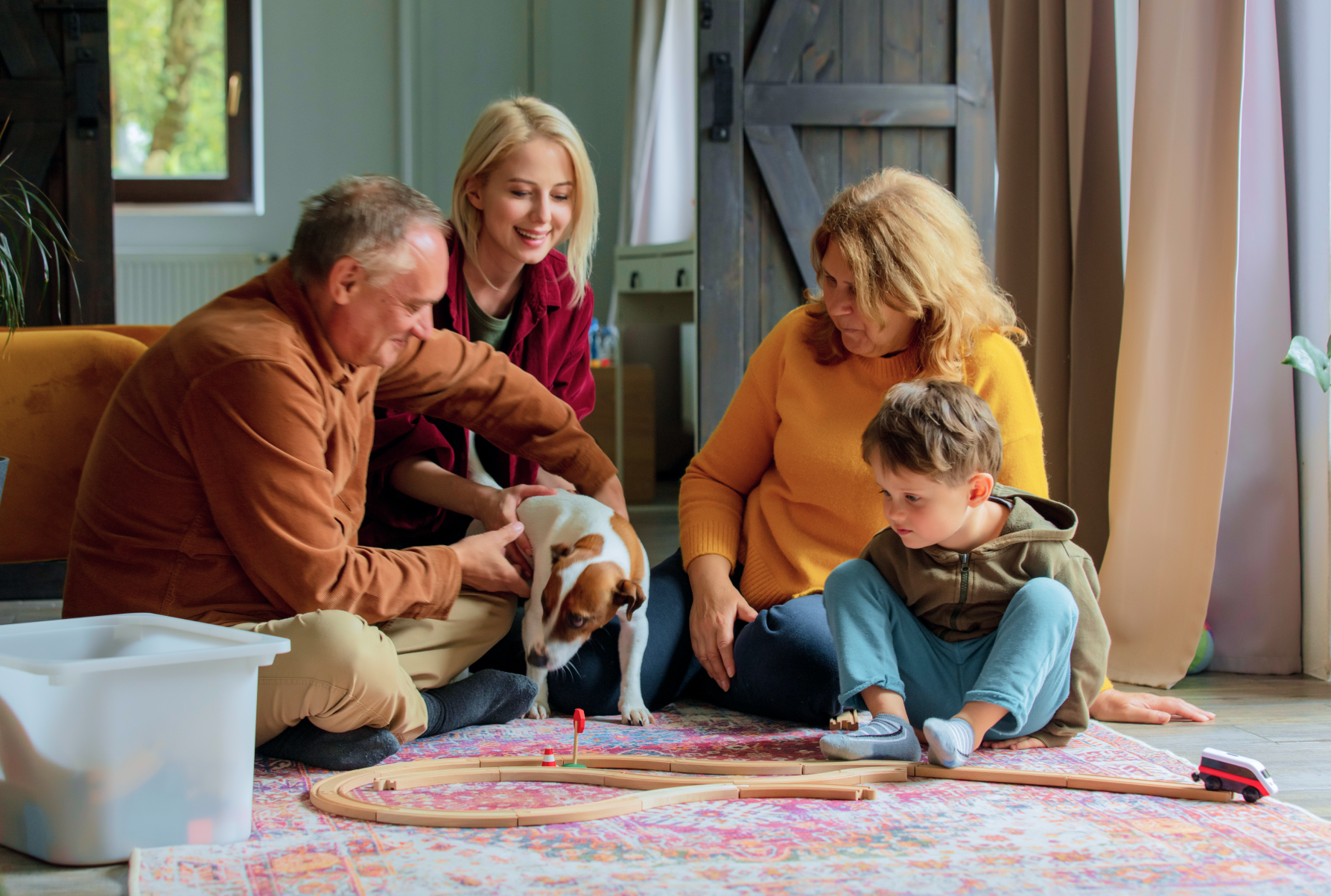Hayward InstitutE
What is a Healthy Home?
A healthy home environment is the product of…
how a home was constructed
how it is mantained
how resilient it can be in the face of changing climate patterns
how it is mantained
how it is mantained
how it is maintained
how it is mantained
how occupants live in it on a daily basis
Factors that influence a healthy home include...

good indoor air quality

the absence of lead and radon exposure

control of moisture effects and mold

limited exposure to unventilated natural gas inside the home

limited exposure to harmful chemicals in home materials and furnishings

limited exposure to harmful chemicals in "use" items such as pesticides, personal care products, and cleaning products
why does it matter?
A healthy home supports a healthy environment for you, your family, and the planet.

For you and your family
We spend the majority of our time indoors, and the majority of our indoor time at home, but most people remain unaware of the health impact of indoor environments.
Creating a healthy home is part of a comprehensive health and wellness picture.
For the planet
There are direct relationships between how we construct, maintain, and live in our homes, and the impact we have on our planet’s health. Choosing renewable, non-toxic building materials, installing and using efficient systems for functions like heating and cooking, and limiting the chemicals we buy and bring into our homes are all ways we can positively impact our planet’s health. And many of these planetary health impacts cycle back to benefit us in the form of a planet that supports our health.

HAYWARD INSTITUTE
We aim to catalyze the conversation around the health of indoor environments through evidence-based education and collaboration.
Hayward Institute is a hub for the intersection of science and practice. We work to translate science into accessible action and to share evidence-based methods that focus on sustainability and healthier home environments.
We believe that the movement for healthier indoor environments is both urgent and achievable.

